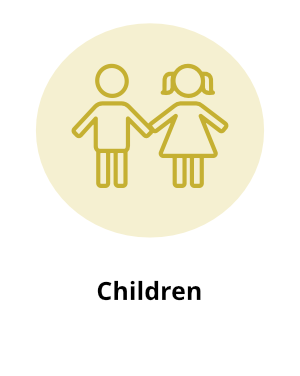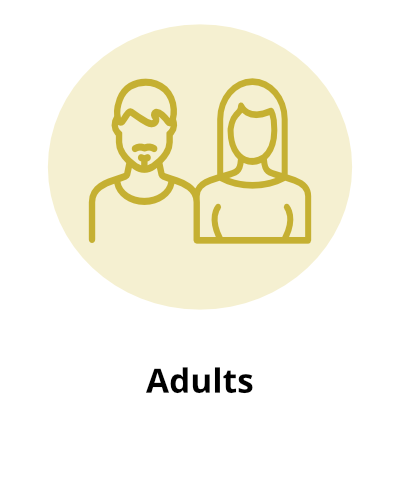Eat/Sleep Cluster
Home > TAND Clusters > Eat/Sleep > What to do > Sleep > Teenagers
Sleep in teenagers
Caregivers supporting teenagers
- Nicotine and alcohol use can also affect sleep, teenagers may not fully disclose their use, but take these factors into consideration when implementing a sleep schedule.
- A teenager’s bedroom sometimes needs to serve multiple functions, for work, leisure and sleep. Encourage your child to divide their room to serve different functions (e.g. an area for gaming, studying, relaxing and sleep). Discourage your child from lounging on their bed during the day to complete homework or eat meals.
- Anxiety around school, friendships and relationships are common in adolescence. Enquire about workload, friends, bullying if you are concerned there is a change in their mood or well-being. Have honest and open discussions during the day (not in the lead up to bedtime) about stressors in their life.
- Teenagers should engage in relaxing activities in the hour before bed, and not cram to complete homework or revision. Encourage them to write down next day to-do lists or write in a journal as their calming activity before bed.
- Apps can be downloaded and setting adjusted on electronic devices to limit blue light (e.g. night light mode in display settings).







